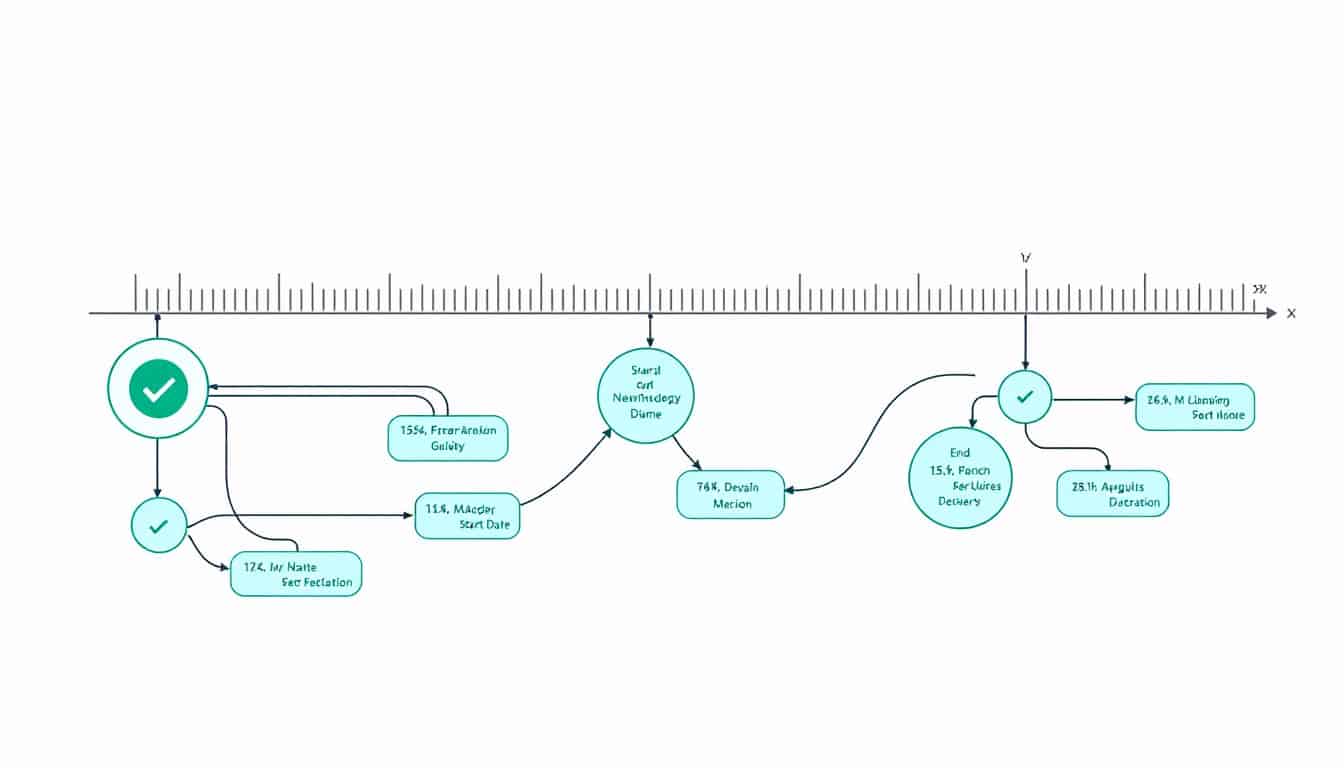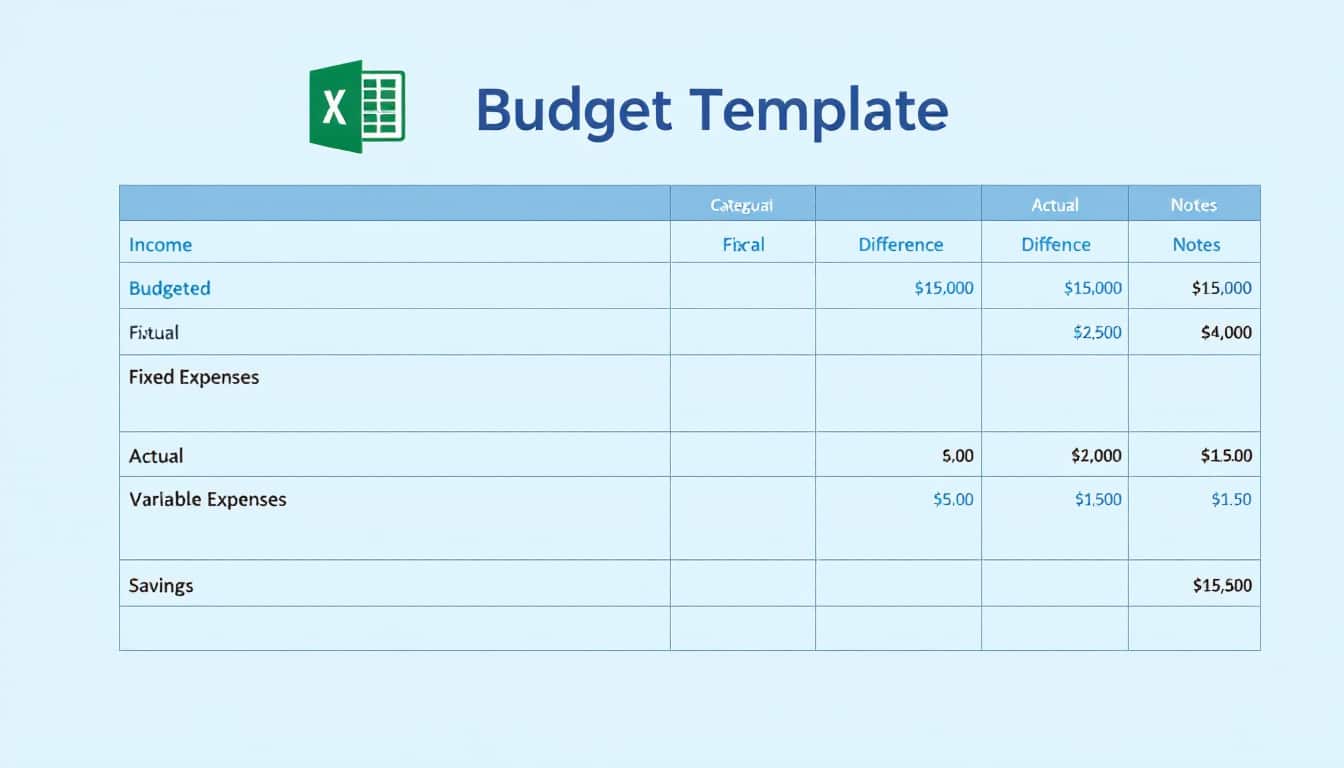The Six Sigma certification stands out as a real lever for project managers looking to optimize their skills and ensure the effectiveness of their actions. By offering proven tools and methods to eliminate defects and improve processes, this certification attracts the attention of professionals eager to bring real added value to their organization. With its rigorous and data-driven approach, it strengthens the quality of projects while maximizing results.
🔥 Nous recommandons Ideamap
Ideamap est l’outil idéal pour un brainstorming ou un projet collaboratif. Grâce son interface facile et à ses fonctions IA, Ideamap booste votre créativité tout en favorisant une meilleure organisation de vos idées pour atteindre vos objectifs.
Six Sigma Certification
The Six Sigma certification is an essential tool for project managers, allowing them to acquire fundamental skills to improve the quality of processes in their company. By undergoing training, they master a set of techniques and tools that are useful for analyzing, measuring, and improving project efficiency.
At the heart of this methodology are the five fundamental steps: define, measure, analyze, improve, and control (DMAIC), which guide professionals in solving quality-related issues. The certification is structured across several levels, offering opportunities for professional development and increasing the added value of project managers within their organization.
Ultimately, obtaining a Six Sigma certification demonstrates a commitment to quality and continuous improvement, which can significantly impact project success and customer satisfaction.

The Six Sigma certification is a must-have for anyone aspiring to excel in project management. By eliminating defects and improving process quality, this methodology proves indispensable. Project managers trained in this field acquire valuable skills that enable them to optimize their teams’ performance while increasing customer satisfaction. With a data-driven approach, companies can not only reduce costs but also improve their profitability.
the levels of six sigma certification
The Six Sigma certification is divided into several levels, each offering specific skills tailored to professional needs. The White Belt, Yellow Belt, Green Belt, and Black Belt levels allow for the assessment of candidates’ knowledge on the subject. For example, a Green Belt is capable of leading improvement projects under the supervision of a Black Belt, while a Black Belt manages complex projects and trains teams. This hierarchy of levels ensures effective guidance and recognition of skills in different contexts.
the benefits of six sigma certification for project managers
Certified Six Sigma project managers develop a unique expertise that places them at the forefront of sought-after candidates in the job market. These professionals possess proven tools and techniques to maximize process efficiency while minimizing errors. The adoption of Six Sigma also contributes to building a culture of continuous improvement within the organization, allowing for quick responses to market needs. By investing in Six Sigma certification, project managers can thus transform their professional journey and that of their team, ensuring tangible results.














